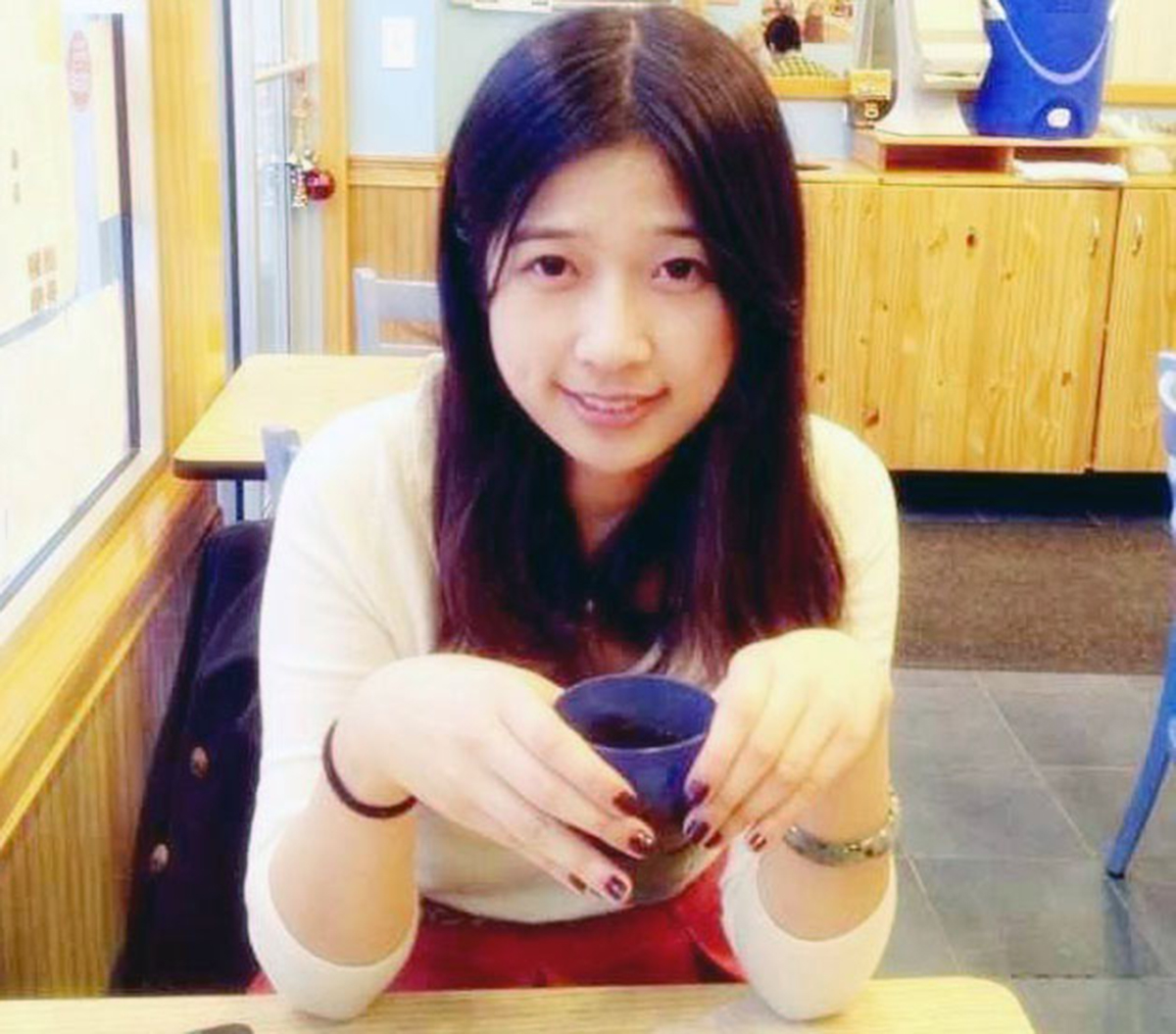The Devastating Story of Lingzi Lu’s Death

Lingzi Lu / Photo via AP
Stories of blood, bone, burning hair, and limbs that looked like “meat through a grinder” have consumed the first days of testimony against Dzhokhar Tsarnaev.
On paper, the marathon bombing trial is still in the penalty phase. Because Tsarnaev is being charged with the death penalty, jurors will first have to come to a verdict on his guilt, and then if he’s found guilty, they’ll decide if he lives or dies. There is no longer a question of whether or not the trial will get to that phase. His own lawyer Judy Clarke said, “It was him,” in the opening arguments.
But Clarke disputes some of the conspiracy charges against her client as well as the government’s assertion that it was Dzhokhar who shot MIT Officer Sean Collier. They say his brother Tamerlan pulled the trigger. Their plan to save Dzhokhar’s life rests on Tamerlan being the one in charge, so this is an important point.
But even in the guilt phase, the survivor testimonies will likely hold more weight in the minds of jurors when they decide the fate of the 21-year-old.
To take his life, the prosecution will have to convince every single juror that Dzhokhar deserves death. To do that, they’ll have to pull hard on the heartstrings of the 12-person panel.
Getting these gruesome testimonies out early may play to Tsarnaev’s benefit. Veteran defense attorney Martin Weinberg says presenting the victims’ accounts now means that they may not be as fresh in the jurors’ minds months later during sentencing. The strategy, says Weinberg, is to put “as much distance between this horrific testimony and the jury’s deliberation on the defendant’s life and death.”
Even if victims are called again during sentencing, “it becomes less poignant the second time,” Weinberg says.
The defense needs to do everything they can to soften the testimonies from this week in the sentencing phase, and that’s going to be a challenge, as the stories are horrifying.
In court these last few days, we’ve heard from a lot of survivors including William Richard. His daughter Jane Richard lost a leg and his son, eight-year-old Martin Richard, died in the blast. The story of the Dorchester family eating ice cream and cheering athletes on, to seconds later, literally being torn apart, has become symbolic of the effect that the bombings have had on the city itself.
We’ve also heard testimony from a witness who was there for 23-year-old Lingzi Lu’s final moment.
* Warning: The following contains graphic content. *
Her best friend, Danling Zhou, a fellow Chinese transfer student who met Lu in math class, testified about the day she died. It was Zhou’s idea to go to the race, she said. At first Lu was hesitant, she had to study, but later agreed to go. After running an errand at the Apple store, they headed to Boylston Street.
When the first explosion went off, Lu was panicked, “What happened? What should I do?” she asked.
Zhou, thinking the noise came from a construction site told her, “It’s OK, calm down.”
And then the second bomb exploded. Zhou found herself by a fence, her limbs intertwined with Lu’s.
She took a long pause before describing what happened next.
Zhou’s organs were spilling out of a gash on her stomach. She pushed her insides back in while she tried to calm Lu down. Afraid that screaming might waste what was left of her energy, Zhou waited for an ambulance in silence.
By the time Boston Police Officer Lauren Woods found Lu, she was alone.
“Her whole body was shaking quivering. She had vomit in her hair, eyes were rolling in and out,” Woods called. She stuck her fingers down Lu’s throat, trying to clear the vomit. Others came to try to help with chest compressions.
Woods found Lu’s university ID and started calling her name. “Lingzi, stay with us,” she screamed.
It wasn’t enough to save her life, but later, Woods was at least able to tell Lu’s parents, “She wasn’t alone when she died.”
The defense rested without asking Woods or Zhou any questions.


